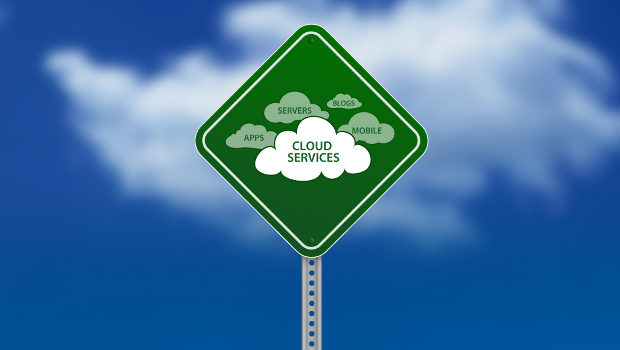The Qualcom technical director was not the only cloud expert eager to talk about the possibilities presented by mobile. Triangle’s O’Brien, said mobility’s effect on the area was “huge”. “Desktop is no longer seen as the core device for business activity,” continued O’Brien. “Customers want a multi-device delivery platform for their applications, with the traditional desktop OS being only one of many delivery platforms for these applications.”
“Applications which are considered suitable to be delivered under the new cloud service model include, but aren’t limited to, email, payroll, CRM, unified communications and in certain circumstances the whole desktop experience is being delivered as a cloud service,” Cisco Ireland, Tom Long
HP’s Halpin noted that his employers are locating their EMEA application development mobility services division in Galway. Mobile, he added, “is a key strategic service for HP Enterprise Service” providing a “new face for enterprise engagements” with clients, partners and employees. “Enterprises need a strong IT partner to develop and implement new revenue generating and business enabling strategies,” added Halpin.
Safe & compliant
Datapac’s Kinsella was also quick to point out that almost across the board, cloud service providers “are fully aware of the growing momentum towards mobile working” and are in turn “delivering the platforms and tools to enable mobility in a safe and compliant manner”.
Said Kinsella, “Access to data and applications on any device and from any location is massive for the enterprise, as organisations look to securely facilitate more mobile ways of working. With continued growth in mobile device usage and BYOD in particular, we also expect cloud-based mobile device management (MDM) services to increase in popularity.”
Tadhg Cashman, director of infrastructure consulting, Logicalis Ireland added that while mobility solutions “can be provided from traditional, private infrastructure, more and more companies are looking beyond their own data centres to cloud-based service providers when they are rolling out new or upgraded solutions and applications”.
It’s a trend, he said, pushed strongly at employee level with the “extended workspace” now part of an “expectation of how modern companies operate”.
“An added bonus provided by a DaaS investment is that it introduces business continuity at the desktop layer, something that is usually only considered for the server environment,” David Kinsella, Datapac
Reduced CapEx
Looking towards the rest of this year and into 2015, Cashman said that “clearly not all workloads are suitable for enterprise cloud deployment, however as time goes by we see the 80/20 rule coming into play”.
Going into more detail Cashman told TechPro, “We see that our customer base will look to deploy the majority of their workload in enterprise-class IaaS-based data centres. The economies of scale and reduced capital expenditure requirements of the large cloud infrastructure service providers make the cost case compelling.”
As well as that, Cashman said that security, compliance and “geographical proximity” objections from Irish customers are becoming less and less of an issue as “more and more non-traditional companies are born on the cloud, and the more traditional corporates are beginning to trust and accept running their applications on cloud IaaS”.







Subscribers 0
Fans 0
Followers 0
Followers